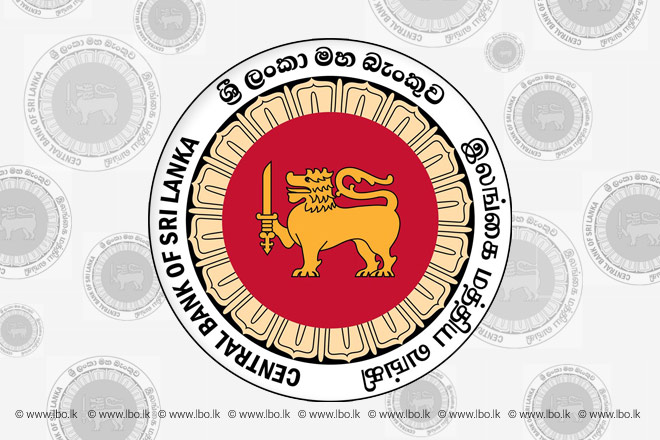The implementation of structural reforms focusing not only on restoring near term stability but also on rebuilding the nation with adequate safeguards and resilience in the post-debt restructuring and post-IMF bailout era is vitally important for permanent revival from the current economic crisis, Central Bank of Sri Lanka releasing its 2022 annual report said.
The persistent twin deficits experienced by Sri Lanka highlights the importance of addressing the BOP issues on a sustainable basis through a comprehensive national policy package formed in consultation with the relevant stakeholders and guarded from influences of changing political regimes.
Further, the Bank says non-debt creating foreign exchange generating sources need to be explored and encouraged, while reducing the need for financing of the current account deficit out of commercial external debt.
Also, according to international experiences, the level of commitment by authorities towards the success of a reform programme is a key determinant of the outcome of debt restructuring and subsequent recovery of the economy.
Moreover, the ongoing efforts to resolve the economic issues, including the debt restructuring process, and the macro-fiscal adjustment programme under the IMF-EFF arrangement are necessary conditions for the way forward, though these alone would not guarantee a permanent solution to the country’s deep rooted structural weaknesses and macroeconomic complications unless the financing mix of government budget deficits and external current account deficits is augmented with non-debt creating financing in the period ahead, the report added.

